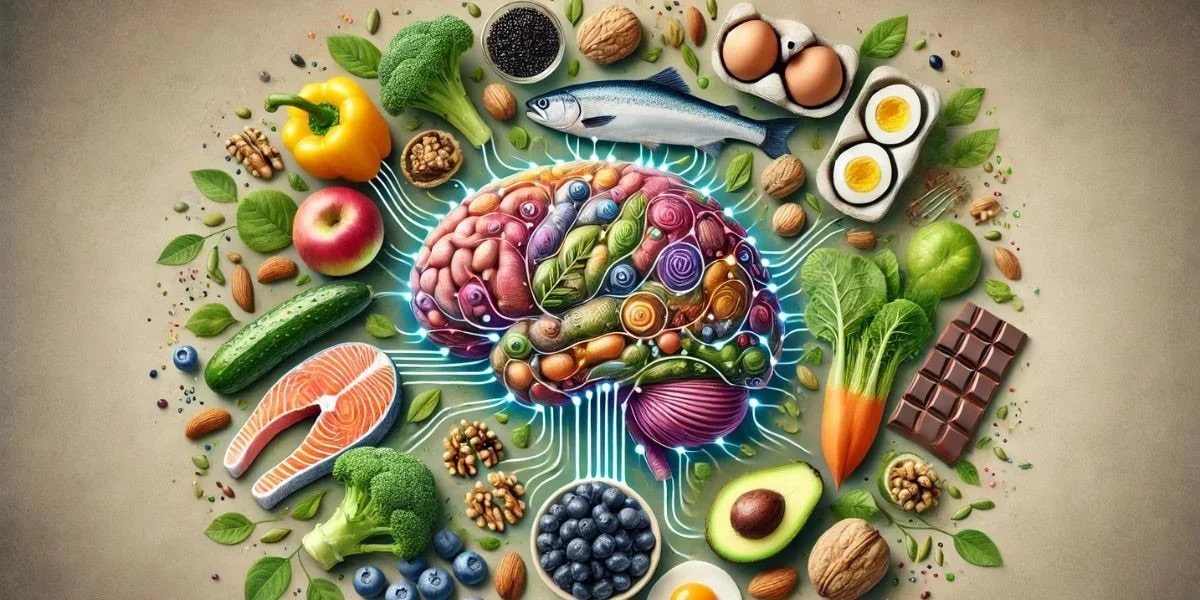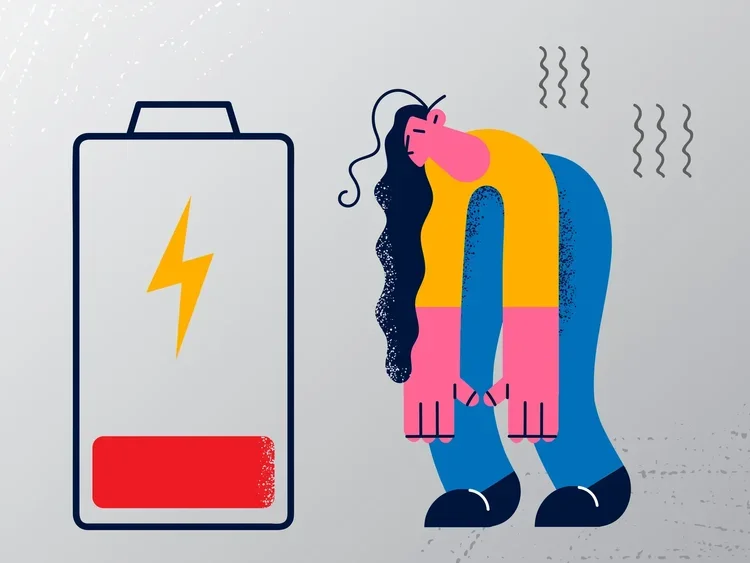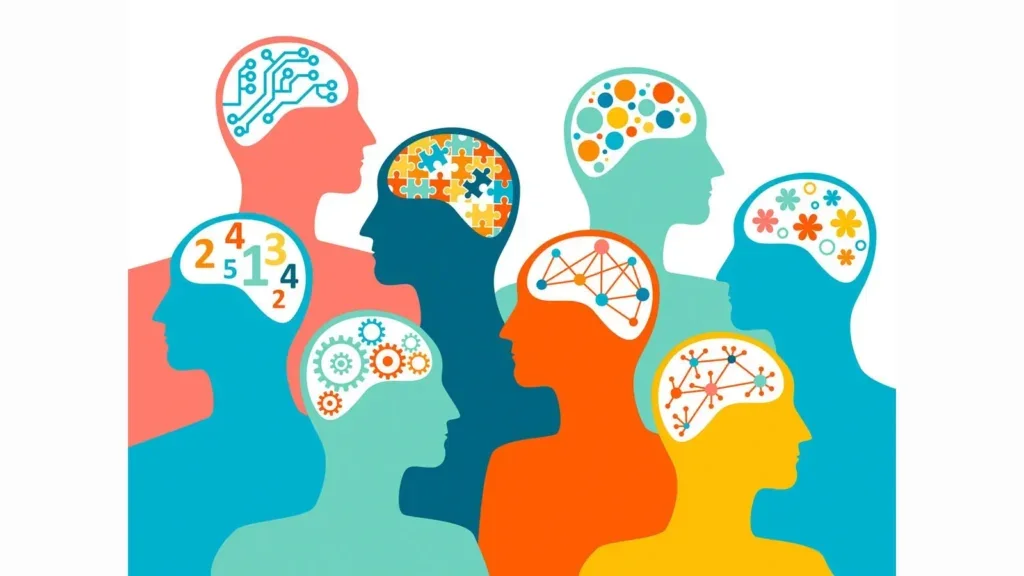Essential Nutrients For Brain Health
Eating a healthy, balanced diet is essential for maintaining good health. It helps maintain a healthy weight, blood pressure, and cholesterol levels, among other benefits. It can help fuel a tough workout, and it plays a role in brain functioning. A healthy diet allows for adequate cognitive functioning, which involves processes such as thinking and reasoning. A healthy diet also helps to manage symptoms of mental illnesses and disorders. This post discusses vitamins and minerals that are important to keep your brain functioning at its best.
Vitamin D - Vitamin D plays an important role in helping to regulate mood. This vitamin can help improve mood in individuals with depression because it stimulates the production of serotonin, the “happy chemical.”Vitamin D is also called the “sunshine vitamin,” and for good reason, because the body can synthesize vitamin D from sunlight. As a bonus, exercising outside can also help improve mood, thanks to vitamin D synthesis from the sunlight and the endorphins released from physical activity.
Sources include:
Eggs
Sunlight
Fortified foods, such as orange juice and dairy products
Fatty fish, such as salmon
IMPORTANT NOTE: Some individuals may not synthesize vitamin D from the sun, so obtaining this nutrient from food sources is vital. Those following a vegetarian or vegan diet can benefit from supplementation.
Monounsaturated fats - monounsaturated fats are essential for neurotransmitter production and insulation, which can help improve cognitive functioning and brain health overall.
Sources include:
Avocados and avocado oil
Olives and olive oil
Macadamia nuts
B vitamins - B vitamins are essential for combining neurotransmitters, serotonin production, and overall maintaining a healthy nervous system.
Sources include:
Dairy products
Whole grains
Beans and legumes
Leafy greens, such as spinach and kale
IMPORTANT NOTE: vegetarians and vegans may benefit from B12 supplementation because this vitamin is seldom found in plant-based foods.
Omega-3 fatty acids - Omega-3 fatty acids can help prevent and manage symptoms of anxiety and depression by stabilizing mood. They are also essential for communication between cell membranes and neurons, as well as cognitive processes, such as thinking and reasoning.
Sources include:
Chia seeds
Flax seeds
Walnuts
Fatty fish, such as salmon
Algae
IMPORTANT NOTE: the brain mainly uses DHA, which is only found in algae and fatty fish and is not easily converted from ALA, the form found in plant-based sources, so those following a vegetarian and vegan diet can benefit from omega-3 supplements using algae.
Antioxidants - antioxidants help prevent oxidative stress and reduce inflammation, which helps prevent degenerative diseases, such as Alzheimer’s and Parkinson's disease.
Sources include:
Fruits, particularly berries
Vegetables, such as leafy greens
70% or higher dark chocolate
Green tea
Iron - iron is essential for cognitive development because it aids the brain in connecting and producing neurotransmitters that play an important role in mood, memory, and attention.
Sources include:
Red meat
Beans and lentils
Tofu
Fortified cereals
Dark leafy greens such as spinach and kale
IMPORTANT NOTE: include foods rich in Vitamin C (oranges, bell peppers, tomatoes, citrus fruits), which can help the body absorb iron more efficiently.
References
Associations of Monounsaturated Fats to Visual Cognitive Performance; National Library of Medicine
Iron Deficiency Effects of Cognitive Functioning: Heme On Call




